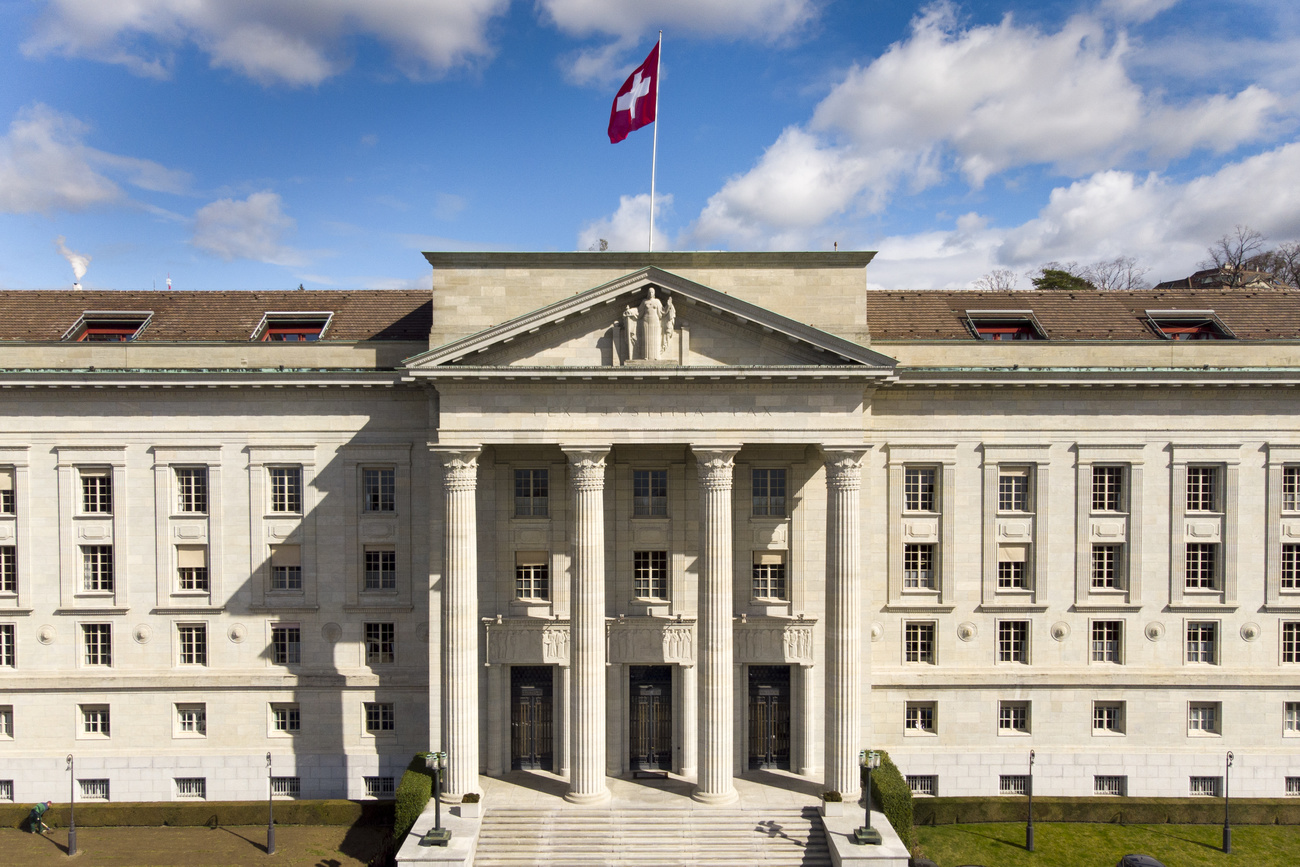
Journalist wins appeal to clarify travel security alert

A Swiss-Bulgarian journalist denied information about his inclusion on the Schengen Information System (SIS) has been partially vindicated by a Federal Court decision.
According to the decision published on Monday, the journalist’s query over his inclusion on the Europe-wide police information system warrants a more thorough examination by the Federal Office for Police (Fedpol).
The journalist had asked Fedpol for information in 2019, after two years of being taken aside for questioning each time he entered the Schengen Area (which includes most European Union states and the European Free Trade Area states, including Switzerland).
He suspected Bulgarian authorities of having put him on the alert list as a means of intimidation, since he runs a website critical towards the government in Sofia.
After consulting with the state in question (in the decision on Monday, the country which put the journalist on the watchlist is not identified), Fedpol refused the request. That decision was confirmed by the Federal Administrative Court in 2020.

More
Newsletters
The higher Federal Court, however, concluded on Monday that Fedpol should not have made its decision solely on the basis of the opinion of the state which placed the journalist on the list.
On the one hand, the judges said, the decision whether or not to communicate information about a SIS inclusion is a question for the country where the request was made.
On the other hand, the judges reasoned, the fact that this case involves a journalist means the issue is one of press freedom. Various reports, including the World Press Freedom index by Reporters without Borders, have noted that the conditions in the country in question have been deteriorating, the decision noted.
The SIS, which aims to “make Europe safer” according to the EU, allows for border control and legal cooperation among the bloc’s 27 member states. This involves general information sharing and specific “alerts” about individuals deemed a security concern.

More
Switzerland and UK move closer to deal on security cooperation

In compliance with the JTI standards
More: SWI swissinfo.ch certified by the Journalism Trust Initiative































You can find an overview of ongoing debates with our journalists here . Please join us!
If you want to start a conversation about a topic raised in this article or want to report factual errors, email us at english@swissinfo.ch.